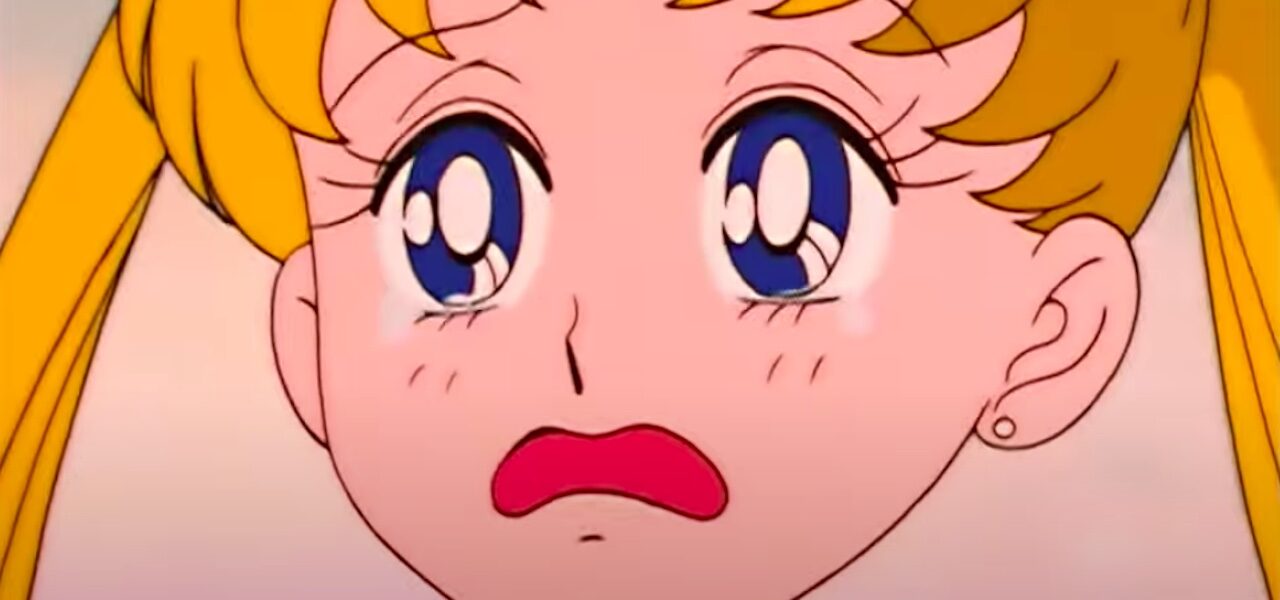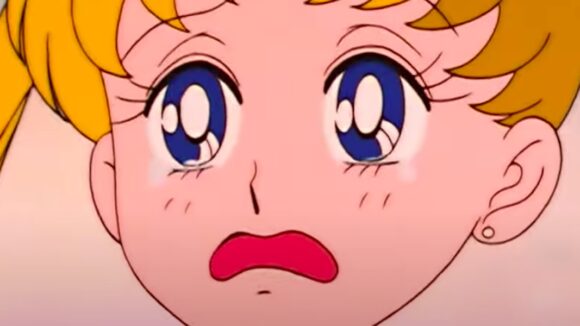

A TV Writer Claimed Young Writers Are ‘Ignorant Of TV History’ — The Animation Industry Responded
Another day, another Twitterstorm.
The eye of this storm is Jeff Lowell, a writer of live-action comedies (Netflix’s The Ranch, CBS’s Two and a Half Men). In since-deleted tweets (archived here), Lowell lamented that almost all young writers he works with “are completely ignorant of television history.” He cited a number of shows from the 1950s, 60s, and 70s — M*A*S*H, The Odd Couple, The Honeymooners, The Dick Van Dyke Show, etc — arguing that his colleagues should be familiar with them, and threatening to fire those who aren’t. “These shows are our industry’s shared language,” he wrote.
Lowell’s comments triggered a backlash, with some criticizing his tone and others questioning his premise. The tweets elicited responses from the animation world, including some thoughtful ideas about what it means to know the history of one’s medium.
Animation writer and producer Marly Halpern-Graser, whose credits include Warner Bros.’s Batman Unlimited, Thundercats Roar, and Right Now Kapow partly backed Lowell. “I think it makes sense to watch the shows that directly inspired the show you’re currently working on,” he tweeted, but added, “It also goes both ways. If you’re an older writer and you’re hiring younger writers (and you should do that) then you should be EXCITED that they grew up watching shows you probably missed.”
He gave an example from his own career: “My first writing job was on Mad, the Cartoon Network sketch comedy show for kids. I was 24 … But a few of the older writers basically made fun of me for being young and knowing what Pokémon were, even though our job depended on my knowing what Pokémon were.”
My first writing job was on MAD, the Cartoon Network sketch comedy show for kids. I was 24, just young enough that I could figure out what kids were into with only minimal research and some of it overlapped with my genuine interests
— Marly Halpern-Graser (@MarlyHG) September 9, 2020
Minkyu Lee, Oscar-nominated director of the short Adam and Dog and a former Disney visual development artist (Frozen, Big Hero 6), challenged Lowell’s notion of tv history, citing anime classic Sailor Moon (image at top) as “more iconic and historic than all the shows [he] listed combined.” He also suggested that Lowell’s approach results in an abundance of “breathtakingly cliche” shows, where “every idea seems regurgitated.”
If anyone wants to know why every show you see is breathtakingly cliche and every idea seems regurgitated and maybe 1 out of 100 movies you watch feel like they have any originality at all, read this thread to see the mentality many of the gatekeepers of the industry have!👇🏼 https://t.co/EKy585MfWZ
— Minkyu Lee ✨BLM✨ (@MinkyuLee1) September 9, 2020
Danny Araya, a storyboard supervisor on Netflix’s Masters of the Universe, stressed that the uniqueness of each artist’s “viewing/reading history” should be celebrated: “Older generations trying to control what’s important and what should be viewed is really a way of trying to define an art according to their own experience and history.” He also pointed out that many shows have so many episodes that nobody can be expected to have watched them all.
Older generations trying to control what's important and what should be viewed is really a way of trying to define an art according to their own experience and history. Let that shit go and see what the new perspectives have to offer instead.
— Danny Araya (@DannyAraya) September 9, 2020
Animator and storyboard artist Michael Ruocco (Looney Tunes Cartoons, Bojack Horseman) essentially agreed with Araya. “We all have our inspirations and backgrounds,” he wrote, “and our skills are uniquely shaped accordingly.”
Hey, I love “All in the Family” and old sitcoms too, but it’s not my place to shove what I was influenced by down other people’s throats or shame them for what they have/have not seen. We all have our inspirations and backgrounds, and our skills are uniquely shaped accordingly.
— Michael Ruocco (@AGuyWhoDraws) September 9, 2020
Lowell’s comments may have not gone over well, but they sparked a discussion that transcends screenwriting and can be applied to other creative endeavors, like animation. For example, should artists entering the animation industry today have any knowledge of earlier animation or should they be completely unaware of what was produced before they were born? What would constitute a good grounding in animation history for a young artist? Are there canon works that everyone in the industry should know? Let us know your thoughts in a comment below.

